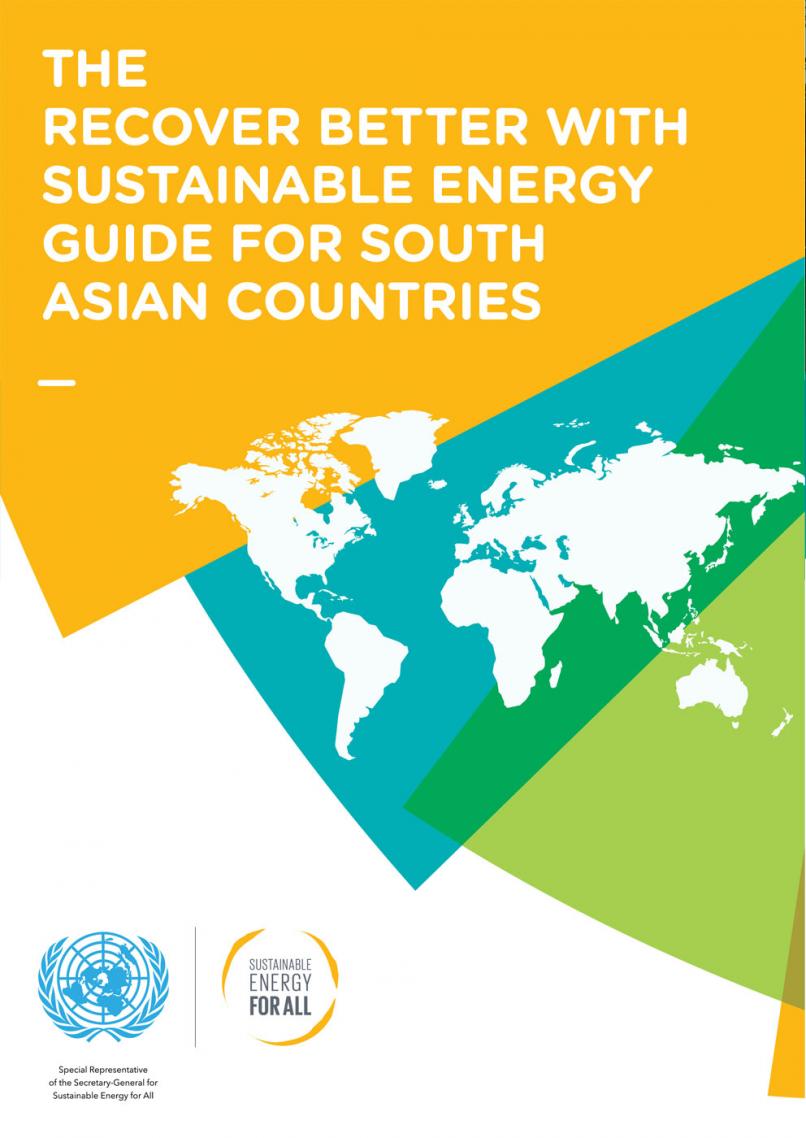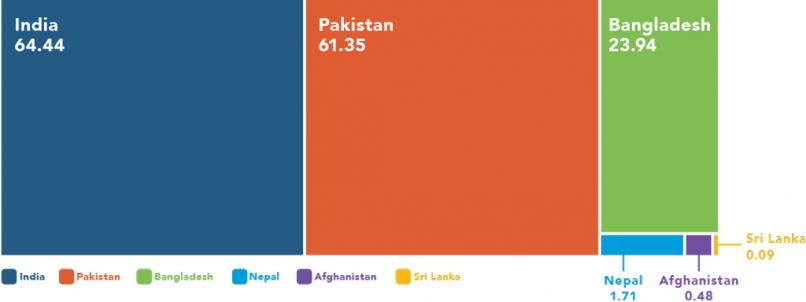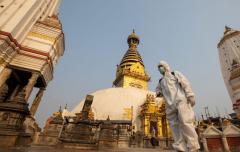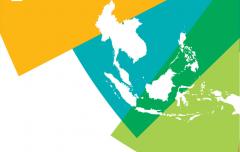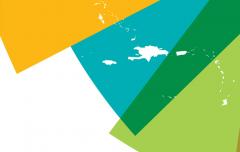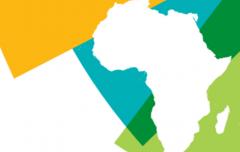The Recover Better with Sustainable Energy Guide for South Asian Countries
Asia is a leader in global development and growth and some of the largest emerging economies are in the region, particularly in South Asia, which is home to more than 1.8 billion people. Countries in South Asia have made positive strides towards achieving the Sustainable Development Goals (SDGs), but the ongoing pandemic risks negating the progress made. It is estimated that 132 million people in South Asia could be pushed into extreme poverty due to loss of jobs and livelihoods as a result of the pandemic and the region’s economy is set to shrink for the first time in four decades.
While Asia as a whole has made significant progress in providing energy in recent years, South Asia still has large populations without access to electricity and clean cooking. Except for Bhutan and the Maldives, countries in South Asia need to increase their efforts in providing electricity access, particularly in rural areas.
Electricity access gaps in South Asian countries in 2018 (population in millions)
There are an estimated 990 million people in South Asia without access to clean cooking solutions. The Maldives is the only country in the region to have more than 95 percent access to clean cooking, and while progress has been made by other South Asian countries, much more remains to be done.
This Recover Better with Sustainable Energy Guide highlights the opportunities, benefits and enablers that will help leaders guide their countries onto a more long-term sustainable and resilient development trajectory. As South Asian countries recover better, they can also lead by example by translating their recovery actions into updated Nationally Determined Contributions (NDCs) under the Paris Agreement.
See also: Recover Better series
Note: South Asian countries for this report are defined as member states of SAARC (South Asian Association for Regional Cooperation): Afghanistan, Bangladesh, Bhutan, India, the Maldives, Nepal, Pakistan and Sri Lanka.
